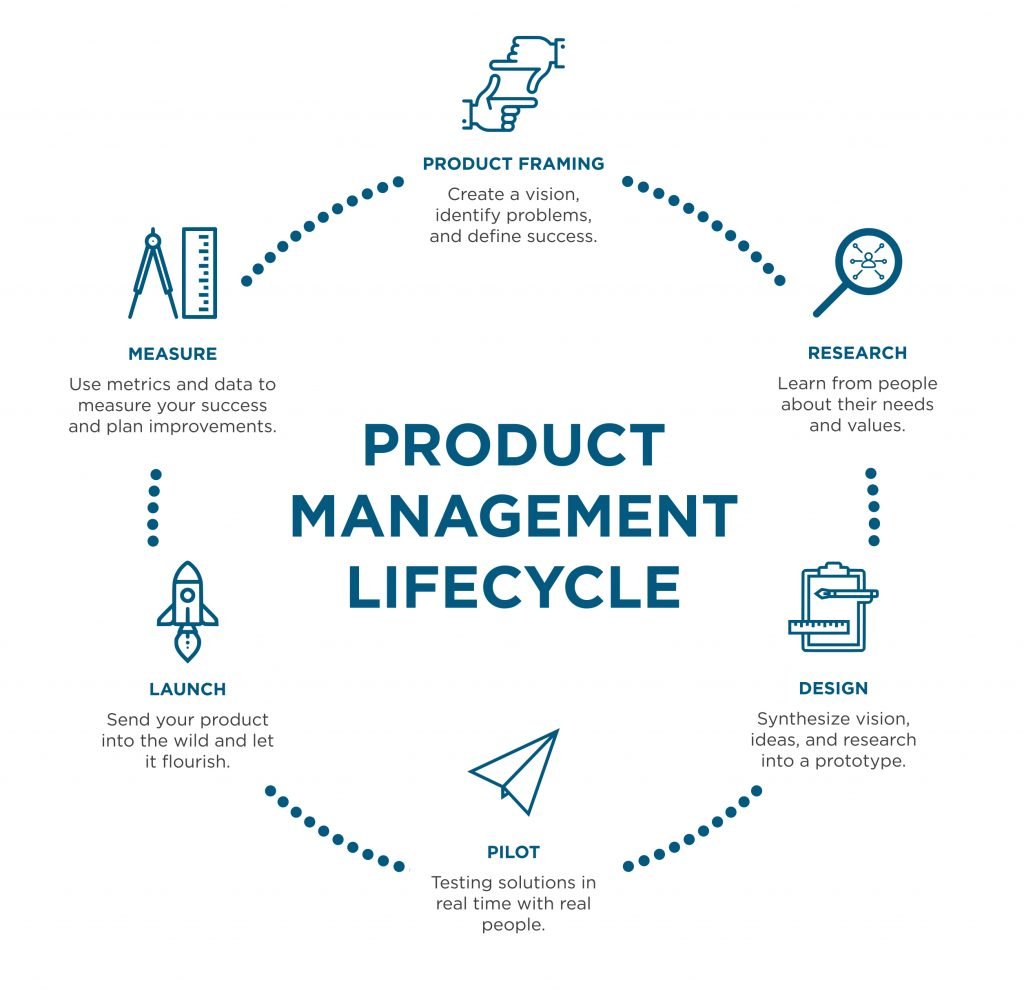Table of Contents
During the Great Depression, a 27-year-old entrepreneur created the concept of a “brand man”, an employee who manages a single product instead of a regular corporate function. The continuous effectiveness of this role has resulted in the rise of product organisations across sectors and regions since the 1930s.
Positions in product management
In certain circumstances, an individual Product Manager is in charge of product management for just a particular product or family of products. This candidate must demonstrate great skill in at least one of several product management-related domains, as well as an enthusiasm for or competence in the others. This often presents itself in one of two ways: a seasoned business marketing expert with a passion for exceptional user experience and fluency in tech jargon, or a technology innovation leader who appreciates the product quite well that they can start to drive its production. These individuals have proved to be so scarce and important that product management now earns the highest wages in the whole technology industry.
Chief Product Officer – Oversees the design process at the corporate level. Ensures that skilled Project managers and their teams are in charge of each product.
Owner – Plays a more proactive role in product innovation by handling the engineering group’s backlog and communicating with other partners.
Product Marketing Management – Enhances the product team’s capacity to achieve and learn from consumers through commodity-tailored marketing initiatives and the information they give.
User Experience (UX) Analyst – While UX is one of a Project managers primary tasks, a specialised UX researcher that examines user behaviour and offers usability suggestions is an invaluable asset to any production team.
Product Management Advantages
Everything revolves around the consumer in a lean setting. Every procedure and product should offer value. This is where product management courses come into play. A designer may build product technology in the conventional business model, a marketing manager will investigate the best approach to exhibit a product, and the planning process will link target consumers with your company.
1. Increase the level of collaboration across internal teams.
As previously said, the manager is accountable for building a structure within which teams will function, as well as for working collaboratively throughout the environment. It gathers together a bunch of participants with quite diverse professional experiences and works between them regularly.
2. Have a universal translator available for technical knowledge.
A normal business growth specialist may not be well-versed in system design, just as engineering may not be well-versed in the selling process. To design, create, and sell a product, a wide collection of abilities is required, and each skill is critical.
3. Specifies expectations clearly
Whereas an engineer might not even need to understand the intricacies of corporate development, they must understand how their approach impacts the next partner. A product manager builds a system in which one process informs and assists another by defining clearly stated expectations for every activity. Their function includes facilitating information across organisational units to guarantee that all parties are talking about the same thing and working collaboratively.
4. Meets commercial demands
The product manager investigates and evaluates market research to distinguish the product and deliver value to the consumer. This type of research is essentially necessary for the product’s launch since the defining characteristics and value proposition cannot be properly developed without it.

